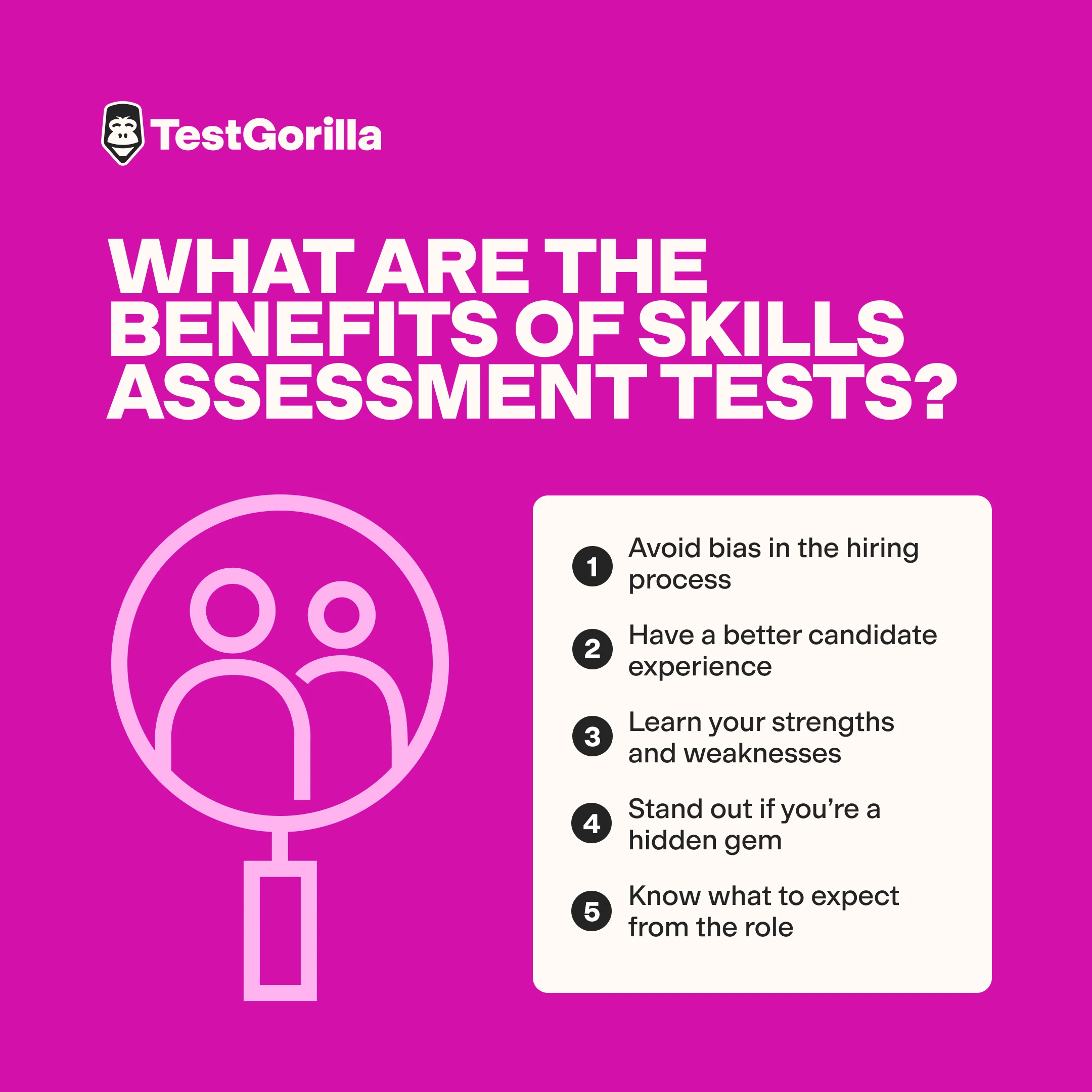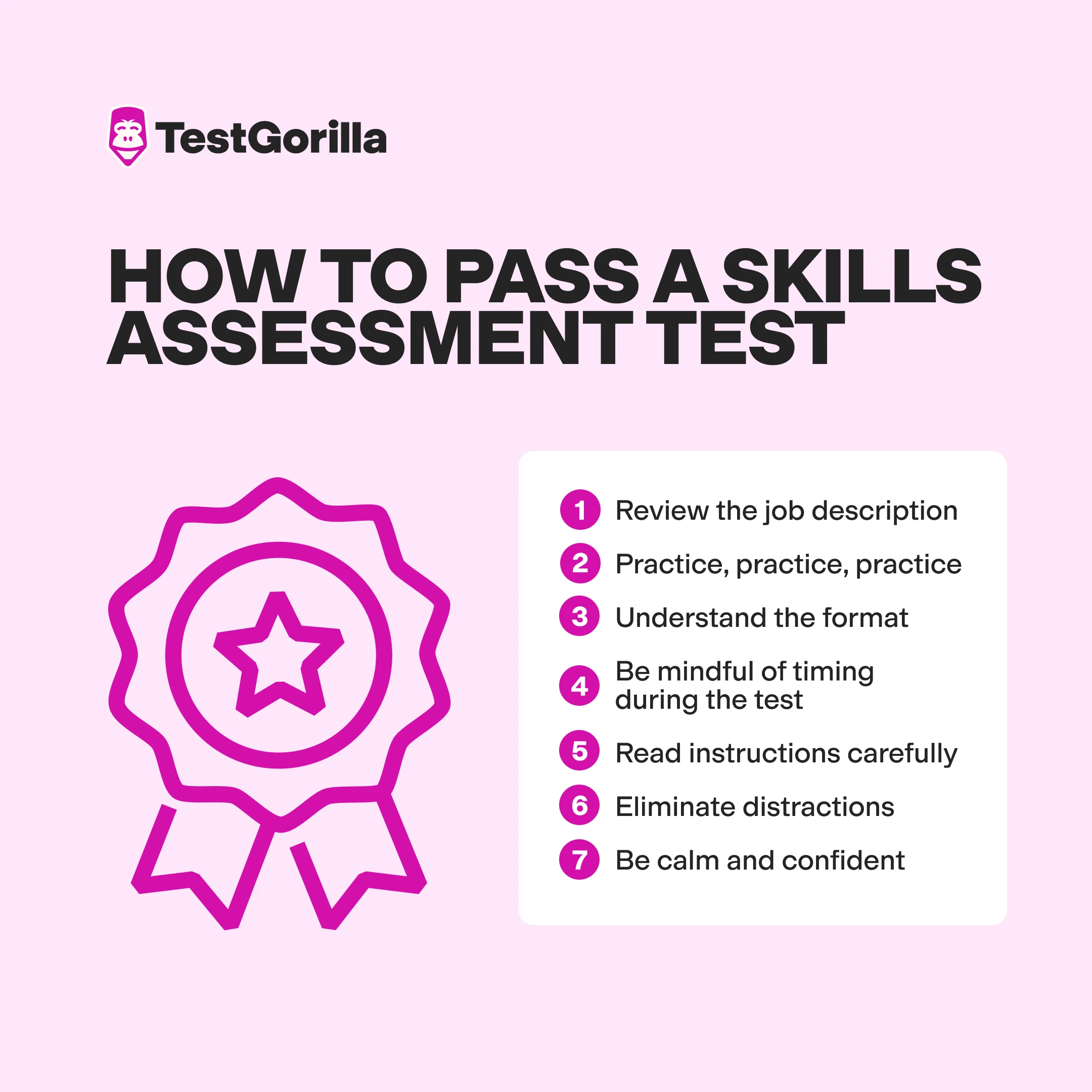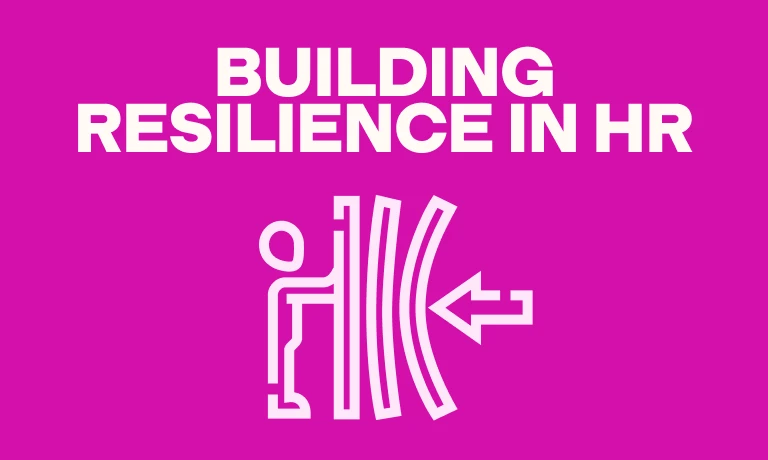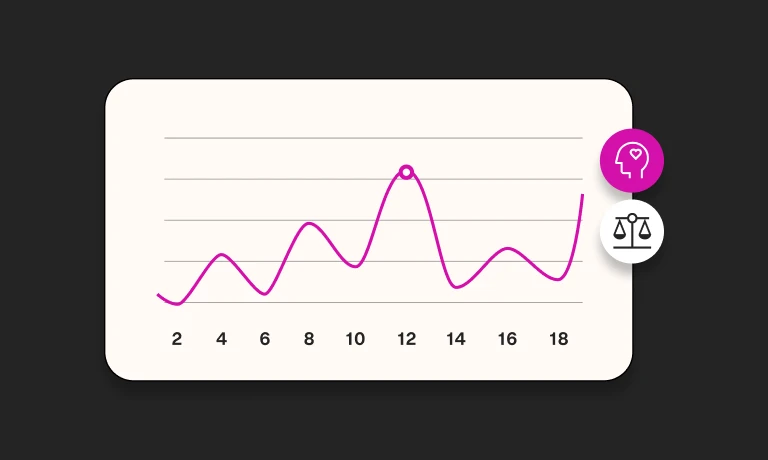These days, you’ve probably seen job posts that mention skills assessment tests as part of the hiring process. Maybe you’ve even taken one or two before!
But whether you’re diving into skills tests for the first time or aiming to boost your performance, you should understand what awaits before hitting “start.” Candidates who overlook skill requirements on job descriptions or don’t consider the test format risk selling their skills short or making avoidable mistakes.
That’s why we’re here with the inside scoop on skills assessment tests. Below, we explain these tests, their benefits, and some pro tips for passing them with flying colors.
Table of contents
- What is a skills assessment test?
- “What can I expect from a skills assessment test?” – How skill testing works
- What are the benefits of skills assessment tests?
- How to pass a skills assessment test
- Common mistakes to avoid with skills assessment tests
- Show off your skills with TestGorilla’s talent assessments
What is a skills assessment test?
A skills assessment test for employment is a tool employers use to evaluate candidates’ abilities, knowledge, and competencies related to specific roles. Typically, one assessment consists of various tests – though many employers use “assessment” and “test” to mean the same thing.
Assessments can cover a wide range of hard and soft skills, such as technical know-how, cognitive abilities, personality traits, and job-related knowledge. Skills assessment tests can also take various formats – e.g., multiple-choice questions, practical exercises, simulations, or behavioral assessments – depending on the nature of the job and the skills being evaluated.
Are you a job seeker?
Visit our job seeker hub to get help with your assessment, find your dream job and more.
“What can I expect from a skills assessment test?” – How skill testing works
Simply put, you can expect a challenging but fair evaluation process when completing a skills assessment test.
To give you a clearer picture, here’s how TestGorilla’s skill testing works:
Assessments are customizable. Employers can create custom assessments by choosing from a library of 350+ tests. They can also add their own custom questions.
Tests are engaging and quick to complete (but timed). Our tests feature a mix of question types – multiple-choice, open-ended, and media-based – to keep candidates engaged. Plus, they typically take around 10 minutes each – though they are timed.
Candidates can complete tests anytime, anywhere. With TestGorilla, job-seekers can finish assessments remotely from any device (mobile or desktop) without needing to sign up for an account.
Skills assessments have anti-cheating measures. Continuous timers track how long candidates spend on each question. Also, advanced proctoring technology monitors candidates' activity to detect suspicious behavior or cheating attempts.
Candidates can easily view assessment results. On TestGorilla, candidates can see an overview of the results from their skills assessments. But they don’t get the exact questions and answers from the assessments. (This is to protect the integrity of the tests.)
Keep in mind, not all skills assessments follow TestGorilla’s framework. Some assessments take longer, don’t include custom questions, or don’t let candidates see their results. Others require you to create an account or take the assessment from a specific device, such as a desktop computer.
The best insights on HR and recruitment, delivered to your inbox.
Biweekly updates. No spam. Unsubscribe any time.
What are the benefits of skills assessment tests?
Skills assessment tests are undeniably handy for employers, but what's in it for you as a candidate? Let’s check out the perks from your perspective.
1. Avoid bias in the hiring process
Skills assessment tests zero in on candidates’ skills and abilities rather than relying on resumes or unstructured interviews, which often let unconscious bias slip in. This way, employers can pick the best candidates based on what they can actually do instead of just looking at their education, work history, or background.
Also, TestGorilla allows employers to keep candidate details anonymous during assessments, helping reduce biases even further.
This all leads to a fairer, more talent-focused hiring process that gives everyone an equal shot to show off their skills.
2. Have a better candidate experience
Skills assessments like TestGorilla’s improve the candidate experience by being fair, flexible, engaging, and transparent. They’re designed to match the role – not include irrelevant questions – so candidates feel informed, respected, and confident as they go through the hiring process.
3. Learn your strengths and weaknesses
After finishing a skills assessment, you can see your results. This gives you a clear view of where you stand – like realizing that you’re a pro at problem-solving but might need to brush up on your data analysis skills. It's also a big confidence booster. Seeing your strengths laid out clearly can reaffirm what you're good at and motivate you to keep improving.
Essentially, this feedback is a valuable learning tool that can help you grow professionally, whether you land the job or not.
4. Stand out if you’re a hidden gem
Skills assessment tests help employers spot candidates who might not have the typical background or experience but have all the right skills for the job. This way, these hidden gems have a chance to shine and get noticed, even if their resume alone wouldn’t have made the cut.
5. Know what to expect from the role
These assessments make it easy to see the specific skills and abilities needed for the job you’re applying for. This helps you decide if the role is a good match for your skills and interests, ensuring you aim for positions that fit your strengths and career goals. Plus, after taking a skills assessment, you can hit the ground running once you get the job. You’ll already have a solid understanding of the required skills and how they apply to the daily tasks.
Still feeling skeptical? Check out our guide to TestGorilla questions and answers for info on what to expect, how to prepare, and more.
How to pass a skills assessment test
Looking for a simple way to ace your skills assessment test? Unfortunately, there’s no one-size-fits-all trick. It really depends on having the right skills.
But don't worry! We have some helpful tips to help you properly prepare and boost your chances of success.
1. Review the job description
Let’s begin with what to do before taking a skills assessment test.
First, carefully review the job description to see what skills the employer is after. This way, you can spend your time brushing up on those specific areas. Jot down or underline the skills and qualifications listed as “required” or "essential” – these will likely appear on your assessment.
Also, look for words or phrases that pop up more than once – they’re usually the biggies you need to focus on, too.
Then, take a moment to compare the skills listed in the job description with your own skill set. Note any areas where you feel confident and where you might need more practice or development.
2. Practice, practice, practice
Once you know what skills the job entails, it’s time to hit the books. You’ll likely have some time to practice for your skills tests, so take advantage. For example, if the job requires proficiency in coding, you can practice by solving other coding challenges. Or, if the job calls for strong Excel skills, you might want to tackle some advanced Excel tutorials. Getting specific with your prep can increase your chances of nailing the test.
Also, don’t just wing your practice sessions! Dedicate specific blocks of time to practicing those job-specific skills. And don't forget to mix it up with review sessions and hands-on exercises if possible.
3. Understand the format
Many assessments (including TestGorilla’s) use a mix of question types - multiple-choice, open-ended, and even video responses. So, it’s a good idea to practice with different question formats so you feel confident when you go to complete your skills assessment.
4. Be mindful of timing during the test
Now, let's shift gears into tips to remember while taking a skills assessment.
Most skills assessments (including TestGorilla’s) are timed, and the clock typically keeps running even if you step away from the test or lose WiFi. This makes time management crucial, so make sure to stay focused.
To prepare, consider doing practice tests with a timer to get comfortable managing your time effectively during the real assessment.
5. Read instructions carefully
Thoroughly understanding the instructions is a must. For example, if the test states that some questions allow one response while others allow multiple, make sure to note this difference. This will help you answer properly, setting you up for success in the assessment.
6. Eliminate distractions
If you’re in a quiet room with no interruptions, it’s much easier to stay focused on your skills assessment.
To prevent distractions, turn off notifications on your phone, lock the door to the room you’re in (if you can), and let others know that you’ll be taking a test for a specified amount of time.
7. Be calm and confident
When candidates approach a skills assessment with a sense of calm, they’re better able to think clearly, solve problems effectively, and show their true abilities. Confidence not only helps you stay focused under pressure but also frees you to present yourself in the best possible light, improving your shot at success. If you’re an anxious test taker, that’s okay. Just try to remember that if you don’t pass, it’s not the end of the world. There are plenty of other opportunities out there and your skills will shine through eventually with practice. Keep your head up, and keep pushing forward!
Common mistakes to avoid with skills assessment tests
Before you dive into your skills assessment test, you’ll also want to know these common pitfalls to avoid:
1. Overthinking or second-guessing your answers
Sometimes, candidates spend too much time dwelling on a single question. This can lead to unnecessary stress, prevent them from answering other questions, and mess with their overall performance. So, it’s important to trust your instincts, answer a question as best as you can, and move on to the next one.
2. Rushing through the test
On the flip side, it’s common to feel the pressure to breeze through a skills assessment test. But rushing can lead to errors and half-finished answers. Instead, pace yourself and give each question the attention it deserves. By managing your time wisely, you'll have the chance to display your skills without sacrificing accuracy.
Show off your skills with TestGorilla’s talent assessments
Skills assessment tests aren’t just a helpful tool for employers. They’re an opportunity for you to present your skills, abilities, and experience in an objective, accessible way.
With TestGorilla’s job board, candidates can apply for roles by completing multi-measure talent assessments that put science over bias. This means you can keep your resume and cover letters on the shelf and let your skills speak for themselves.
Want to check it out for yourself? Visit our job board to find promising roles and knock your skills tests out of the park.
You've scrolled this far
Why not try TestGorilla for free, and see what happens when you put skills first.

















